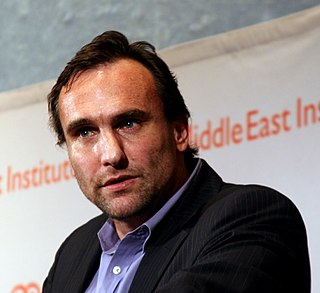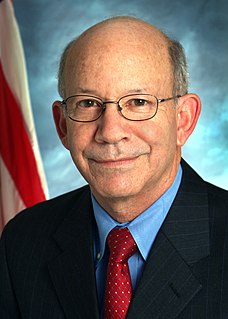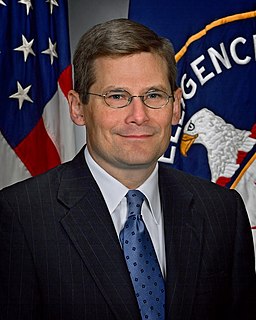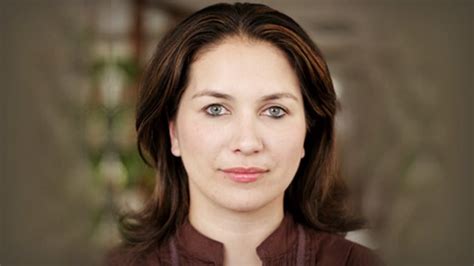A Quote by Richard Engel
On one level, bombing ISIS is easy. The U.S. knows where the group operates. There's no need for a ten-year hunt like the one for Osama bin Laden. The terror group has two capital cities: Mosul in Iraq and Raqqa in Syria. Al-Qaeda never had such an obvious home address.
Related Quotes
Afghanistan is where much of the al Qaeda journey began. It is the main site where Osama bin Laden, Mullah Omar and their cohort rose to prominence fighting the Soviets in the 1980s. Afghan territory holds special significance to the group, which is committed to retaking it and re-establishing it as the base of a global movement.
Because of you, in Afghanistan we've broken the momentum of the Taliban. Because of you, we've begun a transition to the Afghans that will allow us to bring our troops home from there. And around the globe, as we draw down in Iraq, we have gone after al Qaeda so that terrorists who threaten America will have no safe haven, and Osama bin Laden will never again walk the face of this Earth.
One great lesson from history we need to keep on re-learning. It is that sometimes your adversaries tell you exactly what they're going to do. How many times did [Osama] bin Laden say prior to 9/11 that he was coming after the U.S.? ISIS made clear that when they established their caliphate in Iraq and Syria, they were coming after the United States too.
What made al-Awlaki so influential is that, unlike a number of leaders of al Qaeda such as Osama bin Laden, he was a cleric, so he could present himself as a leading religious figure. Second, because al-Awlaki had spent much of his adult life in the States, he communicated with his followers in colloquial, accessible American English.
First, I would say, is ideology. I have never spoken to any member of these groups, not just ISIS, but also Al Qaeda, Shabab, etc., who wasn't driven by the ideology. Beyond that, a lot of people are wounded in some way - they've fallen out of society in some manner. All of the ones I've spoken to seem to have veered off course from lives we consider acceptable and successful. Of course, there are others like Osama bin Laden, who was a wealthy and successful businessperson.





























